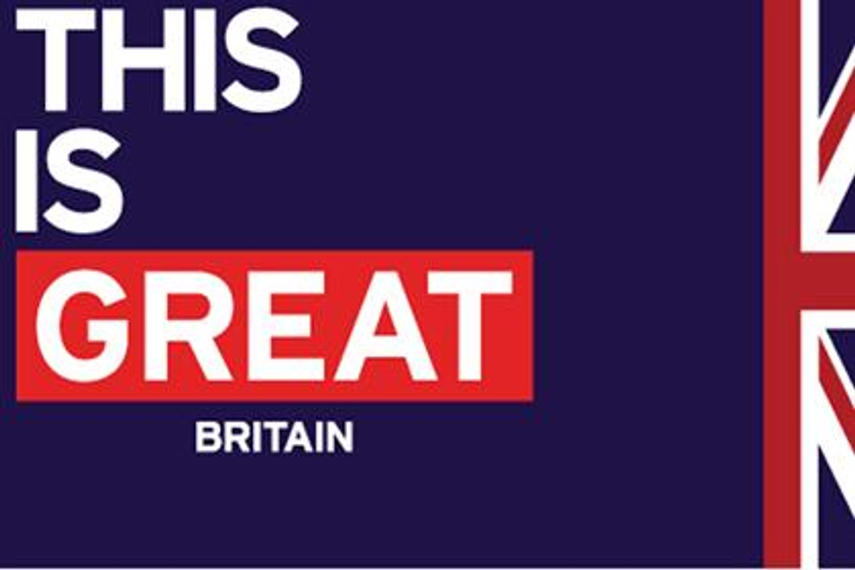
Please sign in or register
Existing users sign in here
Having trouble signing in?
Contact Customer Support at
[email protected]
or call+91 22 69489600
The UK Government will increase investment in its overseas marketing campaign over the next three years, targeting emerging markets including India

Contact Customer Support at
[email protected]
or call+91 22 69489600
Top news, insights and analysis every weekday
Sign up for Campaign Bulletins
IAA India and Snapchat brought together agencies and creators for a hands-on look at AR’s growing role.
M&C Saatchi revenues hit by US government shutdown while S4 Capital blames 'lower project-based revenue and continued client caution'.
Read announced his departure from WPP in June.
Can its blend of global heritage, local cultural narrative, and controlled rollout strategy move beyond curiosity?